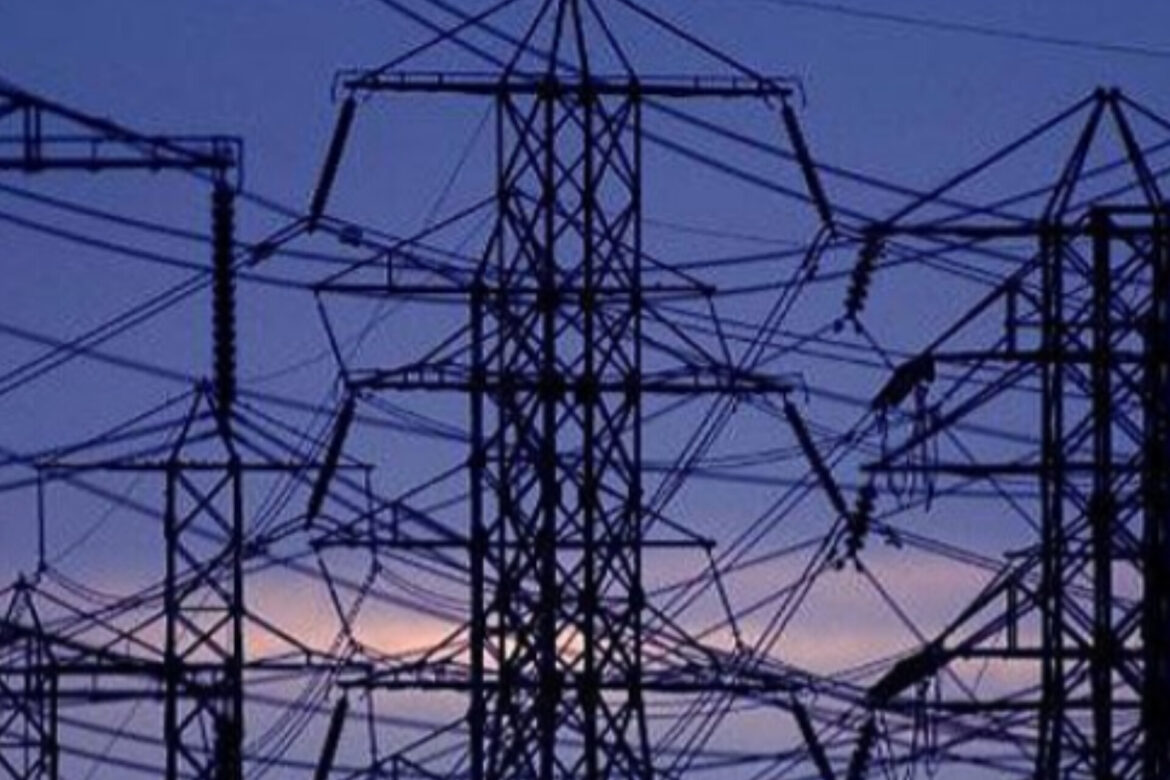The Minister of Power, Adebayo Adelabu, has instructed the immediate replacement of outdated equipment to address the frequent collapse of Nigeria’s national power grid.
He announced that this replacement plan aims to be completed within six months.
Adelabu has also directed the Transmission Company of Nigeria (TCN) and other related agencies to act quickly on recommendations from a committee set up to investigate the causes of repeated grid failures.
The TCN reported a grid disturbance at around 11:29 a.m. on Thursday, November 7, 2024, caused by a sudden frequency rise from 50.33Hz to 51.44Hz. This marks the 11th grid collapse in 2024, with power generation dropping to zero after peaking at 3,743 megawatts earlier in the day.
The Special Adviser to the Minister, Bolaji Tunji, highlighted that the recommendations from the committee include both short- and long-term actions to ensure a stable power supply.
Immediate actions will involve upgrading old equipment, improving staff skills for maintenance, and enhancing relay coordination.
In six months, the focus will be on upgrading outdated systems, securing firm contracts for fuel supply, and developing frameworks to attract private investment in the power sector.
“The recommendations of the committee are far-reaching and will proffer lasting solutions to the incessant power grid collapses that we have embarrassingly witnessed in the country in the immediate and long term,” said Tunji, emphasizing the urgency of the upgrades.
The committee’s report also calls for a one-year plan to further stabilize the grid, which includes modernizing infrastructure, expanding distribution capacity, and integrating renewable energy sources.
In addition, the TCN explained that ongoing repairs on key infrastructure might lead to temporary instability in the power system. These repairs include work on major transmission lines and substations across Nigeria.
The agency urged the public to remain patient as it works toward stable electricity delivery.
In a statement, the Federal Government noted that issues within electricity distribution companies (DisCos) have also contributed to grid collapses. It highlighted that some DisCos rejected up to 1,400MW of power due to their outdated systems, which further strained the national grid.
Looking forward, the government is implementing measures to expand Nigeria’s energy infrastructure, including an $800 million investment in new substations and distribution lines, as well as initiatives to decentralize the national grid for better stability.
At the recent African Energy Week, the government announced its plan to provide Nigerians with at least 20 hours of daily electricity by 2027, contingent on further investment in the energy sector.
The Jos Electricity Distribution Company, serving states like Gombe, Bauchi, and Plateau, has also faced outages due to these grid collapses.
JEDC officials assured customers that they are working to restore power as soon as possible, appealing for patience during this challenging period.




